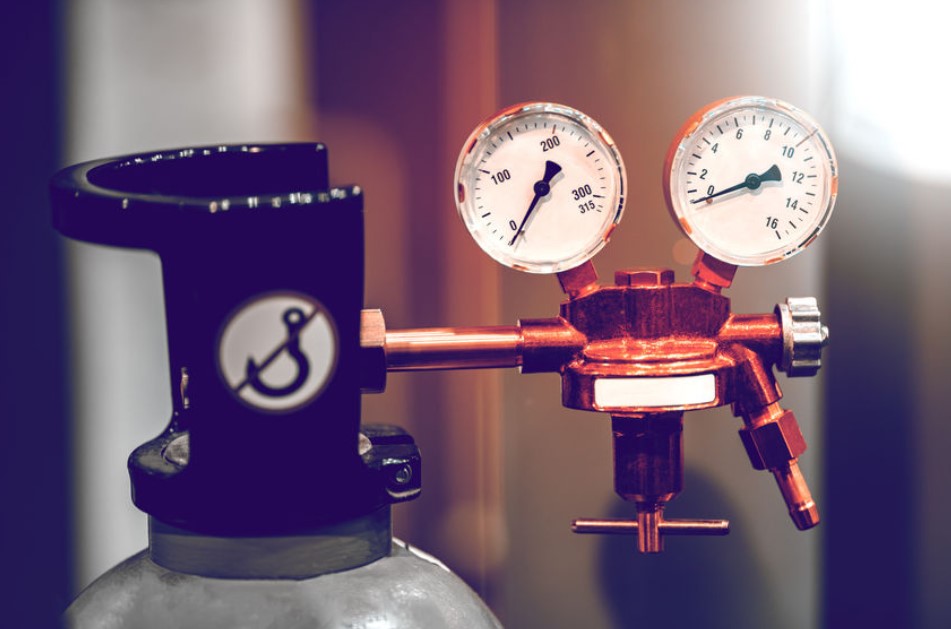
When properly contained and channeled to equipment, natural gas is a valuable household resource. According to the U.S. Energy Information Administration, natural gas supplied 23%, almost a quarter, of the residential sector’s energy in 2020. Households use it for cooking, heating and more. However, when house gas lines spring a leak they pose a danger to the residents of the home. Among the potential risks are carbon monoxide poisoning and explosions. If you suspect a gas leak in your home, you, all inhabitants, including pets, and even those in the surrounding area need to evacuate and you need to contact emergency services. Here are four signs that indicate you may need to call 911 and a gas line repair Sterling VA company.
1. A Rotten Egg Odor
Propane and natural gas do not have a natural odor. Utility companies add the chemical Mercaptan to it so that people will be alerted if a gas leak does occur. This additive gives the gas a sulfurous smell that people often describe as resembling that of rotten eggs. This stink is one of the most perceptible symptoms of a leak.
2. Unexplained Sickness and Fatigue
A gas leak reduces the amount of oxygen in the air. This may cause dizziness, tiredness, lightheadedness, nausea, nosebleeds, breathing difficulties, flu-like symptoms and more.
3. Dead or Sick Plants
Patches of dead vegetation around gas lines and house plants wilting and dying for seemingly no reason are also signs of a gas leak. This is also related to the previously mentioned reduction in oxygen.
4. A Hissing Sound
If there is hissing around the area where the gas lines are, you should immediately suspect a leak, though if it is close to other equipment like an air conditioning unit, it may signal a leak from the machinery. Audible hissing often means the leak is substantial.
If you detect a gas leak, take immediate steps to keep yourself and your family safe. While these signs do not necessarily mean you have a gas leak, it is better to be safe than sorry.
